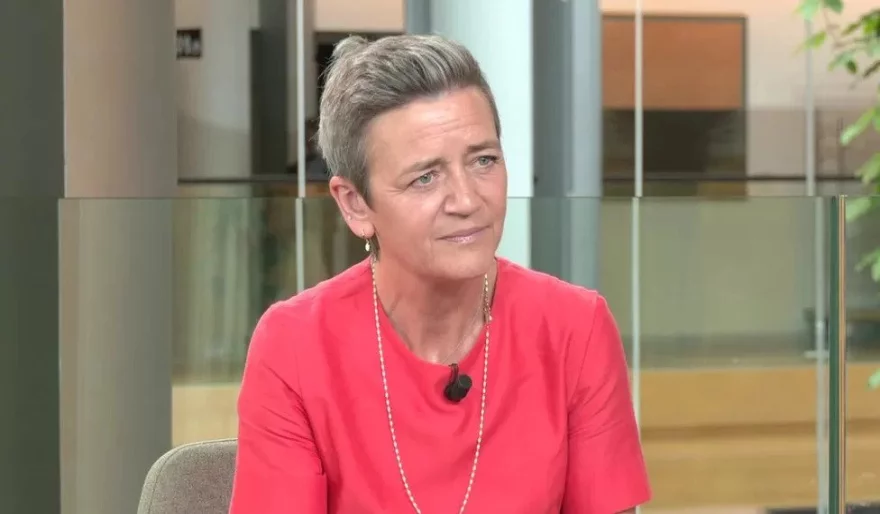Stay Ahead of the Curve
Latest AI news, expert analysis, bold opinions, and key trends — delivered to your inbox.
AI and Ethical Responsibility: Safeguarding Against Discrimination in the Digital Era
4 min read Discrimination is a pressing concern in AI, says Margrethe Vestager, EU's competition chief. She emphasizes the need for guardrails to address risks. AI must not amplify bias or discriminate based on gender, color, or location. Ethical considerations and regulations are crucial in AI development. June 15, 2023 07:01
Margrethe Vestager, EU's competition chief, believes that discrimination is a more immediate concern than human extinction when it comes to advancing artificial intelligence. She emphasizes the need for "guardrails" to address the risks associated with AI technology.
Vestager highlights the potential for AI to amplify bias and discrimination, especially in decisions that impact people's livelihoods, such as mortgage applications. She stresses the importance of preventing discrimination based on gender, race, or location.
The European Parliament has approved proposed AI rules, aiming to strike a balance between rapid development and safeguarding against bias. The legislation comes amidst concerns of developing AI too quickly and potential risks it poses.
Vestager suggests that the risk of human extinction from AI is small compared to the risks of discrimination. She underscores the importance of ensuring that AI systems do not overlook or discriminate against individuals.
Ireland's data protection authority has put Google's planned EU roll-out of its AI chatbot Bard on hold. The authority is seeking information from Google regarding data protection risks and safeguards for prospective users of ChatGPT.
Vestager advocates for a global approach to AI regulation and emphasizes the need for a consensus among like-minded countries. She suggests working towards a UN approach, but acknowledges the challenges in achieving international consensus.
Vestager leads EU efforts to create a voluntary code of conduct for AI with the US government, focusing on non-binding standards for companies using or developing AI. The aim is to ensure that everyone adheres to the same guardrails to avoid excessive risks.
The AI Act draft categorizes AI applications into different levels of risk. While low-risk systems like AI-enabled video games fall into the lowest category, strict controls will be imposed on high-risk systems that evaluate credit scores or access to loans and housing.
Vestager urges a pragmatic approach to fine-tuning AI rules, emphasizing the importance of starting now rather than waiting for perfection. She acknowledges the challenges of regulating rapidly advancing technology and suggests learning and adjusting along the way.
The European Parliament's proposals for the AI Act seek to restrict the use of biometric identification systems and indiscriminate data collection for purposes like facial recognition. Vestager aims to implement strict guardrails to limit real-time use to specific circumstances.



















 AI Agents
AI Agents